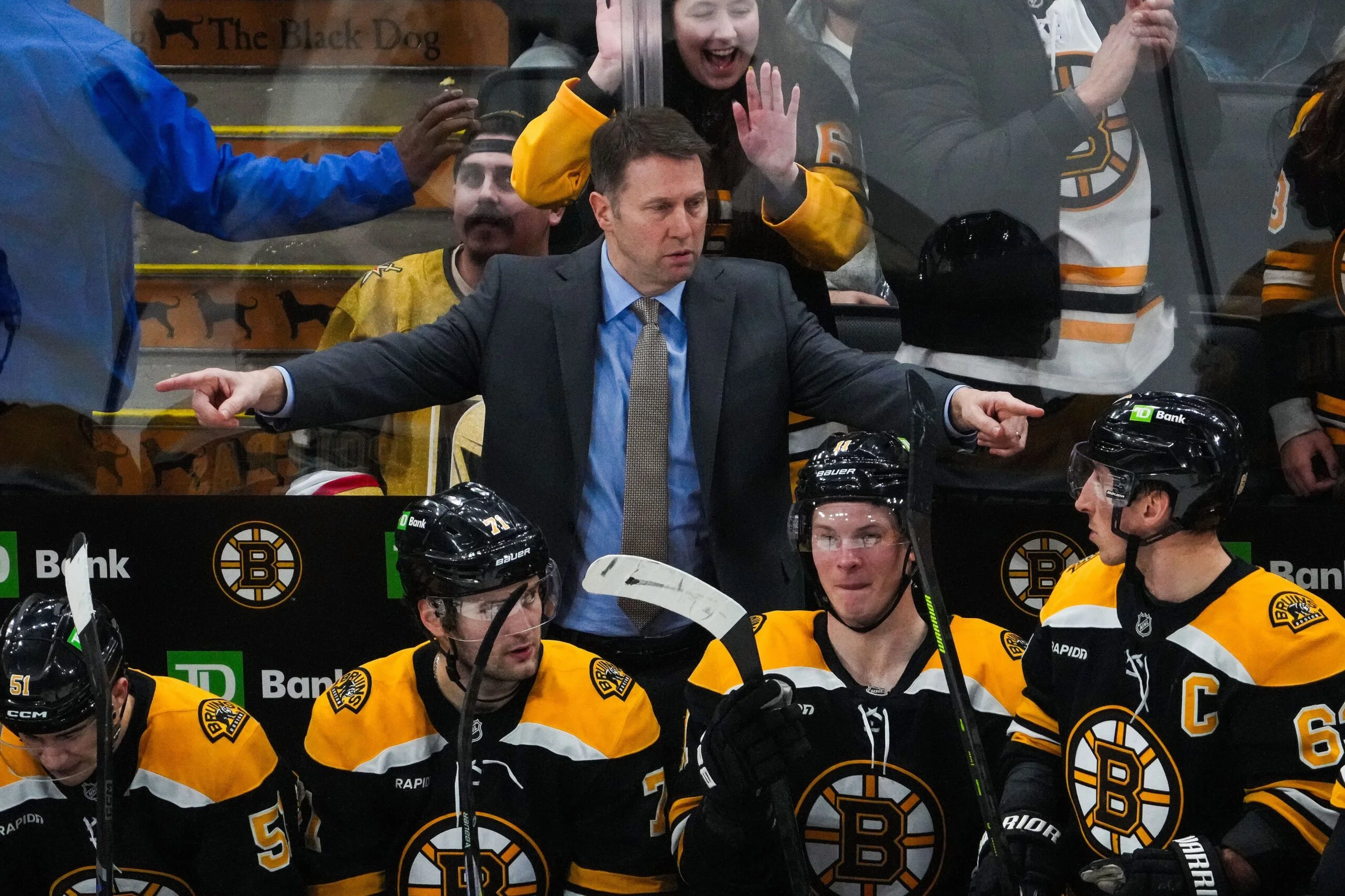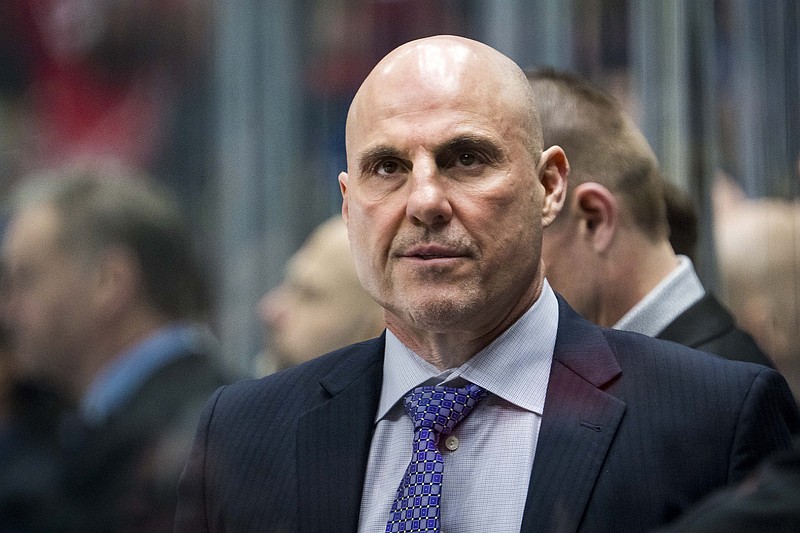The Boston Bruins’ promising 2024-25 season took a significant hit when star defenseman Charlie McAvoy suffered a serious injury midway through the campaign. What initially seemed like a manageable setback soon became the catalyst for a sharp decline, as the Bruins struggled to maintain their defensive identity and momentum without one of their key players.
McAvoy, widely regarded as one of the league’s top two-way defensemen, was a cornerstone of Boston’s blue line. His ability to log heavy minutes against opposing top lines and contribute offensively made him invaluable to the Bruins’ success. However, in early February, McAvoy sustained an injury during a game that sidelined him for the remainder of the season.
The impact of his absence was immediate and profound. Boston’s defense became visibly more porous, and the team’s overall confidence took a hit. Without McAvoy’s steady presence, the Bruins allowed an average of nearly a goal more per game than they did when he was healthy. This defensive instability contributed to a slide in the standings that saw Boston lose several critical games down the stretch.

Moreover, McAvoy’s injury disrupted the team’s ability to roll four effective defensive pairs. Coaches were forced to shuffle players into unfamiliar roles, and younger, less experienced defensemen were thrust into heavy minutes they weren’t fully prepared to handle. The team’s penalty kill, which had been one of the league’s best, also suffered significantly without McAvoy’s leadership and shot-blocking ability.

Offensively, the Bruins lost a key contributor as well. McAvoy’s knack for jumping into the rush and setting up scoring chances was sorely missed, putting additional pressure on forwards to generate offense without defensive support. This imbalance contributed to the Bruins’ scoring droughts during the final stretch.
Fans and analysts alike noted that the Bruins appeared to lose their composure in close games, a trait that had defined their resilient play earlier in the season. The injury seemed to have a psychological effect as well, as the team struggled to adapt to the adversity and maintain their competitive edge.
As the season concluded, it became clear that McAvoy’s injury was a pivotal moment. While injuries are part of hockey’s reality, losing a player of McAvoy’s caliber at a critical juncture exposed the Bruins’ lack of depth and ultimately led to their collapse in the standings.
Looking forward, the Bruins will undoubtedly focus on strengthening their defensive corps and ensuring they have capable backups ready to step up if a similar situation arises. McAvoy’s recovery and return to form will be a major storyline for Boston in the offseason, as the team hopes to avoid a repeat of the late-season meltdown.



